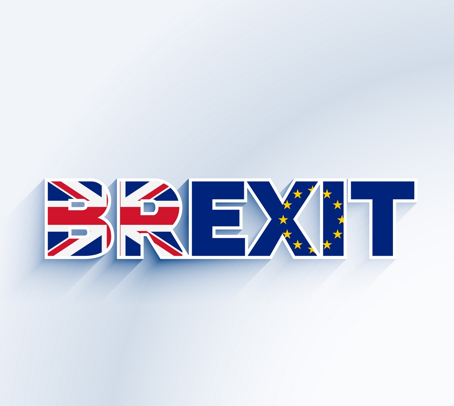Cian Hassett, UK Market, Bord Bia - The Irish Food Board
A standoff in the latest Brexit negotiations has been blamed on supposed “factional infighting” in Downing Street, as Dominic Cummings confirmed he will leave the government by Christmas. Manfred Weber, the leader of the largest party in the European parliament and a political ally of the German chancellor, Angela Merkel, lamented the “chaotic situation” at the heart of No 10. Cummings, Boris Johnson’s most powerful aide and former Vote Leave campaign director, confirmed on Thursday evening after days of speculation he would leave Downing Street. One senior EU diplomat said Cummings’ planned departure offered hope that the UK government’s resistance to agreement with the EU on a future domestic subsidy regime might slacken. The EU negotiating team will leave London on Friday and re-engage with their UK counterparts on Monday in Brussels. It is hoped significant progress can be made ahead of a summit of EU leaders next Thursday.
Bord Bia’s Brexit Action Plan provides practical information that Irish food and drink manufacturers can utilise in order to prepare for increased complexity in future trade with the UK. It addresses actions companies should take in two scenarios: a future Free Trade Agreement (FTA) between the EU and the UK (still to be defined as it is currently under negotiation) and No Agreement, whereby the UK and EU will trade on WTO terms. Bord Bia’s support services, along with other State supports, can be found listed at the end of each chapter.
Brexit will change the way that Irish food and drink businesses trade with UK customers and suppliers. The UK will become a Third Country at the end of the Transition Period, which will see the introduction of new customs formalities, including import and export declarations, pre-notifications for certain products, licence requirements and other regulatory requirements.
The Customs & Controls chapter of the action plan provides guidance on what steps businesses need to take to ensure that they are ready for the end of the Transition Period, including:
1. Customs Requirements
-
- Applying for an EU EORI number, and if applicable, a UK EORI number
- Deciding whether to manage customs in-house or hire a customs agent
- If managing customs in-house, ensure that you are familiar with the various customs documentation that will be required
- If you import or export controlled goods, ensuring that you are aware of all the necessary documentation and pre-notifications that are required, and whether your goods may be subject to Sanitary & Phytosanitary (SPS) checks
- Ensuring you are aware of changes required on labelling
- Understanding the cost implications of increased customs and controls
- Forecasting delivery delays
2. Duty Requirements
-
- Finding the value of your goods
- Knowing the tariff code(s) for your goods
- Understanding if a Tariff Rate Quota (TRQ) exists for your exports destined for Great Britain
- Considering applying for Binding Tariff Information
- Obtaining a Certificate of Origin for your goods
3. Simplified Procedures
-
- Considering applying for Authorised Economic Operator (AEO) status
- Setting up a deferred payment account
- Identifying and apply for relevant simplified customs procedures
- How to become an authorised consignor to avail of the Common Transit Convention if you use the UK Land bridge.
Regardless of whether there is a Free Trade Agreement (FTA), new administrative processes and costs will apply. Businesses trading with Great Britain will need to be familiar with these formalities.
To learn more please visit Bord Bia’s Brexit Action Plan: Customs & Controls page




